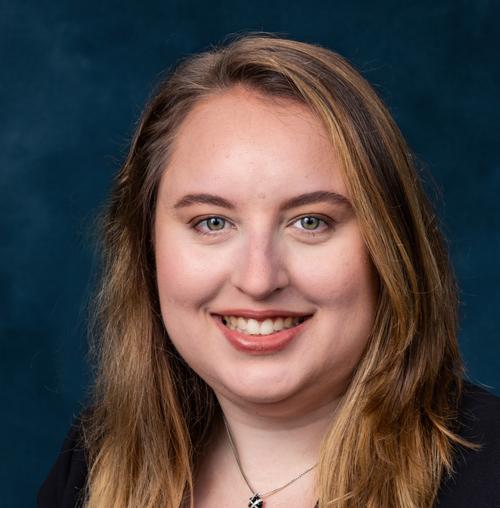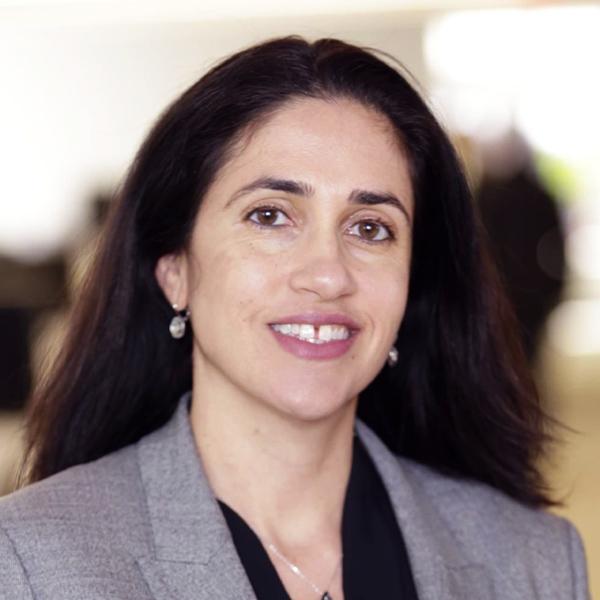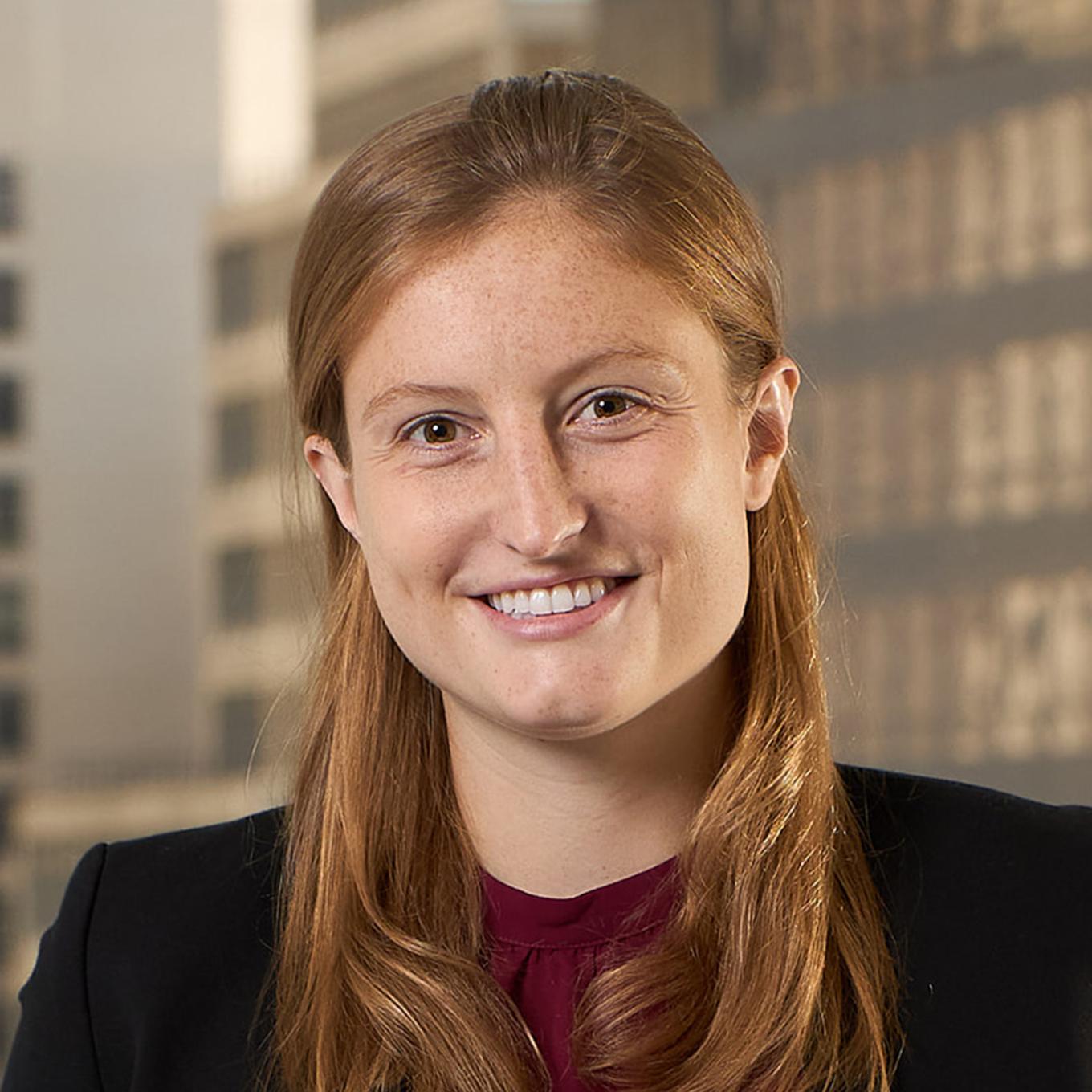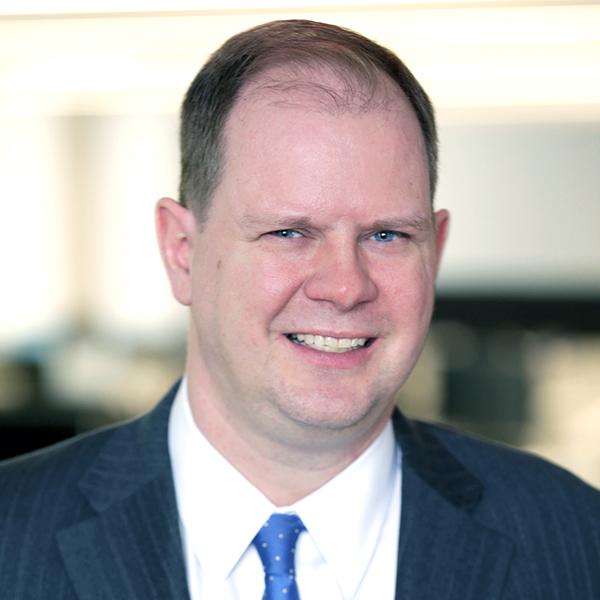
ILRies Find Success at Niche Firm
As an ILR student, Joanna Czyzewski ’14 hated the recruiting process. Now, as a principal at Compensation Advisory Partners in New York and a leader of its recruiting initiatives, she sits on the other side of the table.
Alongside her are two other ILRies – the firm’s founding partner, Kelly Malafis, ’97, and partner Lauren Peek, MILR ’02.
“I think it’s natural for us to wear the HR hat,” Czyzewski said.

Czyzewski, Malafis and Peek are three of the five ILRies who work at the independent consulting firm, which specializes in executive and director compensation and related corporate governance matters. The others are partner Eric Hosken, M.S. ’96, and associate Louisa Heywood ’20.
Over the years, the small firm, known as CAP, has employed five other ILRies.
Founded in 2009 – “a time when there was an increased demand for independent compensation consulting firms,” Malafis said – CAP now has some 35 consultants, with offices in New York, Houston, Chicago, Los Angeles and Seattle.

As a junior, Czyzewski grew intrigued by executive pay and compensation when she took a course with Kevin Hallock, the Joseph R. Rich ’80 Professor and the founding director of the Institute for Compensation Studies. Later that year, she became CAP’s second-ever summer intern.
After graduation, she joined CAP as an analyst and worked her way up to senior analyst, associate, senior associate and, in 2022, principal.
Since its founding, CAP has actively recruited at ILR. “That’s because of ILRies’ proven track record,” Czyzewski said. “We know what we’re going to get. We know how students are prepared, we know that they have transferable skills. And their understanding of HR in the labor force sets them up for success here.”

At ILR, she said, “A lot of what we learn is approached from the human side as well as the quantitative side. That adds value when you’re thinking about how recommendations will impact not just an organization, but participants within the organization. It helps ground our recommendations.”
“Our ILR background prepared each of us with the perfect emulsion of skill sets,” Heywood said.
“Working in executive compensation requires data and statistical proficiency. But the ability to understand and manage stakeholder relationships is no less important.
“Compensation is personal, and it’s emotional for people, even executives and directors. It’s unusual to find individuals who have both the quantitative skills and the people skills to be successful, and we’ve found that the ILR School is one of the best training grounds for this.”

Heywood’s introduction to CAP came from Malafis, who was recruiting at an ILR career fair.
“In our field, it’s unusual to recruit a student who has even heard about executive compensation, so I felt I really belonged in this job,” said Heywood, who was a research assistant for Hallock, ILR’s dean from 2015 to 2018. “Through that experience, I learned to think creatively about many facets of executive compensation. It stoked my interest and is the reason I pursued executive compensation as a career.”

Malafis was introduced “to what eventually became my career” through a credit internship, followed by a summer internship, with the executive compensation and benefits groups at PwC. She went on to serve as a consulting analyst for KPMG and a principal at Mercer before co-founding CAP.
Affirming the value of such opportunities, CAP has had four ILRies as credit interns: Whitney Cook ’18, Hayli Bazan ’20, Doran Finley ’21 and Mark Ku ’23.
Czyzewski finds that “among ILRies, there’s an underlying bond and connection derived from our shared experience.”
“ILRies make great professional partners because we’re all very grounded people,” she said. “We’re going to get to the root of the problem and give you an actionable solution. But we’re also going to recognize that it needs to fit into a broader ecosystem.”
She notes that in addition to recruiting at ILR, CAP has done mock interviews and resume critiques for the ILR Office of Career Services. “As our resources allow, we’re hoping to get more involved with the school,” she said. “ILR is always on our radar.”